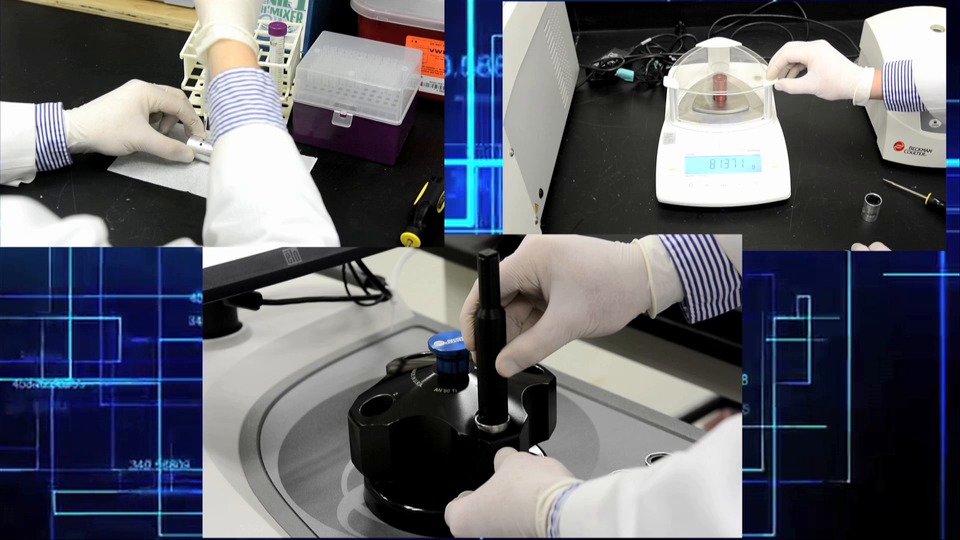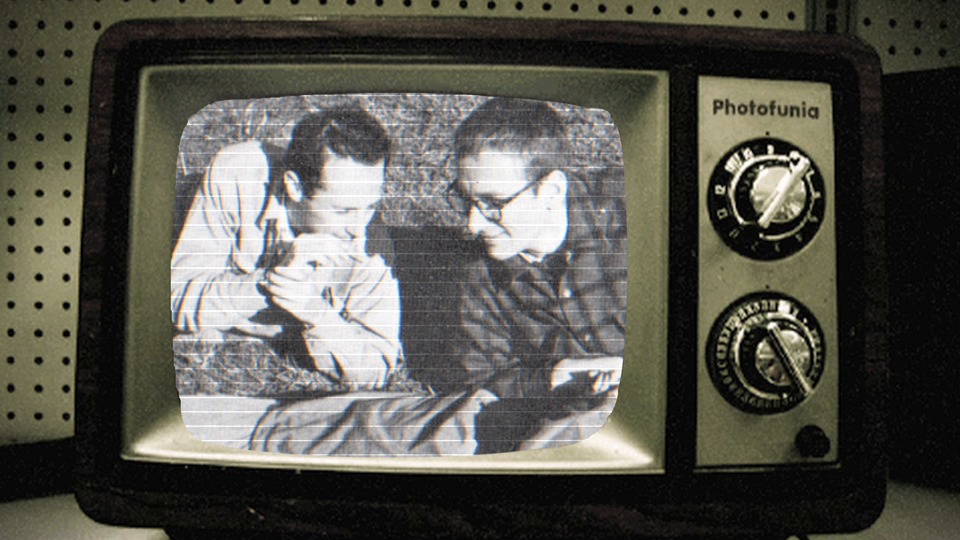Analytical ultracentrifugation - hear it from our customers
To learn more about Analytical Ultracentrifugation, visit this page.
文稿
Almost every time we do an experiment, I'm super happy to see the results, and I actually like to watch the data being collected also. When I was a postdoc, I used AUC to measure the equilibrium constant between interacting transmembrane alpha helices. And the first time we measured an equilibrium constant, it was just, like, super exciting.
So the main advantage of AUC is we can see everything inside solution. If the molecules have extinction coefficient...so, yes, that data point.
Well, we use a lot. We use ITC, we use microscale thermophoresis. We use gel filtration, just size exclusion chromatography, and we use surface placement resonance. We have all of these instruments. One of the key things about AUC is it's simple…all right? All I'm trying to do is I'm going to put the protein in the cell, and I'm going to spin that, at a particular centrifugal speed. And that's all I'm going to do. The analysis is a little bit more complicated, but it's being well-defined, mathematically. So we can model exactly what's going on in the cell. Now, that's not entirely true for some of these other techniques. Let's take SPR, for example—I like SPR, and it accesses different types of information, so it's complementary. But I do have to attach one of my components onto a chip. In the AUC, everything is in solution. And that's … probably the key advantage. It's also technically quite simple to do.
The service that Beckman provides is really fantastic. Their service engineers are very smart. They've got a good system. They're very communicative. They know what they're doing. They want to help. We've had problems with our instruments, as everybody does, and they provide a really good service where, if they can't find the problem, they will work to, they will work to find the problem. I've had our engineer for AUCs contact other engineers to say: "Hey. I've got this problem. I don't know how to deal with it. What are some solutions?" These instruments are old. They need lots of care. And there's no…no one person that knows everything. So I really appreciate Beckman and their service.
It's very versatile…in what kind of samples, what kind of solutions you can put in. The variability in centerpieces open up a wide range of experiments that you can run. Being able to have a wide range of concentrations that you can measure is also very nice for measuring a wide range of systems.
The AUC has the ability to never stop.
相关视频
Optima AUC Overview, New Analytical Ultracentrifuge
A brief overview of some of the features of the Optima AUC analytical ultracentrifuge that make it the most robust research technology available for thorough analysis of proteins, viruses and other macromolecules in their native, matrix-free state
The History of AUC - An Analytical Ultracentrifuge
A brief review of highlights in the long history of analytical ultracentrifugation -- from the 1920s through the dawn of the 21st century -- focused on its importance in the fields of science, medicine and industry



